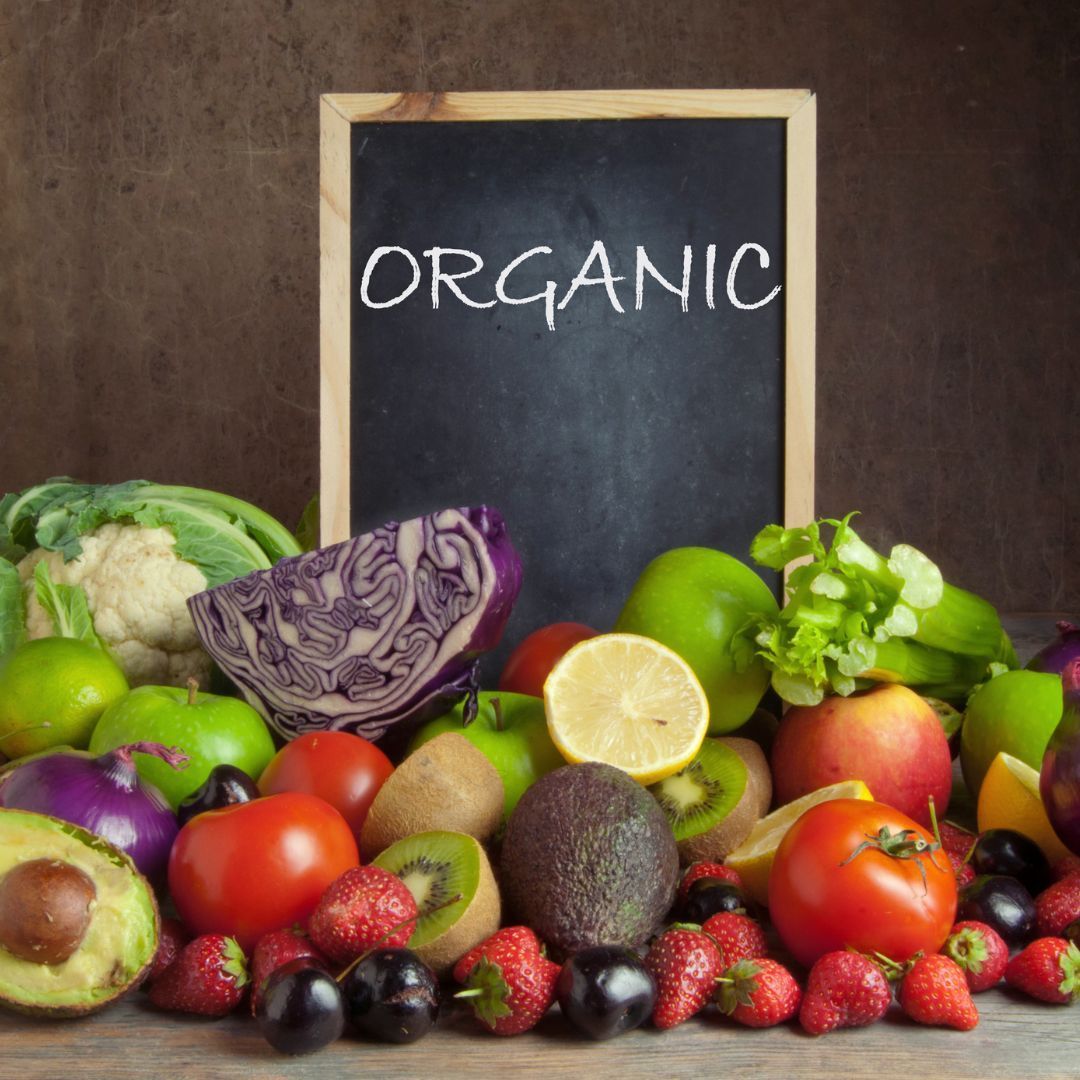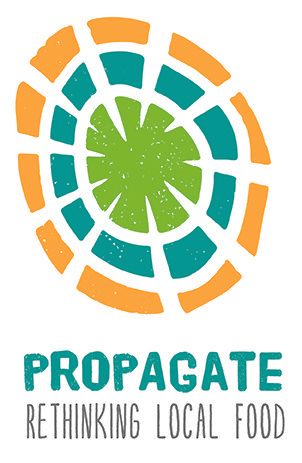Why is organic food better?

Following on from our previous blog, the first in a series of four about organic food. In our second post we’re going to talk about some of the reasons why we need to champion organic food and why it’s better for people and the planet. Here are seven reasons in no particular order.
1. Improving our health outcomes by limiting human exposure to artificial chemicals. Reducing the likelihood of cancer and other diseases, as well as neurological issues in children. Especially benefitting people who work on the land.
2. Eating organic food helps to mitigate against the climate crisis. Using less artificial inputs helps to build soil fertility to capture carbon and improve biodiversity amongst many other positive things.
3. It means we will have fertile land to grow on for future generations. Some parts of the world may only have 50-60 harvests left due to desertification from intensive farming and overuse of synthetic inputs. Scary, but well documented and becoming understood by big food business. There is a way to reverse this by using organic and regenerative farming methods and diversifying crops.
4. Food is likely to be fresher especially if from your local food hub or CSA farm. Organic food is mostly available seasonally and is not as often stored using artificial methods to keep supply available, unnaturally, all year round.
5. Genetically Modified Organism (GMO) free. No organic food will every contain GMO ingredients.
6. Food is likely to be more nutritious (it depends and isn’t well researched but that doesn’t mean it’s not true!). It has been found that organic foods contain more polyphenols. These are natural compounds found in plants which are their own natural pesticides. When we eat polyphenols, they activate our immune system to fight off infection and disease. Polyphenols also promote good bacteria growth in the gut and limit harmful bacteria.
7. Some organic foods may taste better, a happy by-product from all of the above and from growers who choose delicious varieties over and above the few we see in supermarkets which yield maximum output for minimum effort.
Some conventionally grown fruit and vegetables have much higher quantities of pesticide residue than others. If you’d like to eat organic fruit and vegetables but either can’t afford to or can’t access them, then Pesticide Action UK produce a list of the fruit and vegetables you might want to avoid or buy organically. Or focus on eating those that contain less pesticides when grown conventionally. Ironically those which are in the dirty dozen which are grown in the UK can be hard difficult to source from organic farms. It seems like a good idea to grow your own strawberries, pears, apples and parsnips if you can. Citrus fruit is a different matter and we are looking at buying direct from growers to supply the food hub over the winter when citrus is in season!
Download your dirty dozen information here: https://www.pan-uk.org/dirty-dozen/
